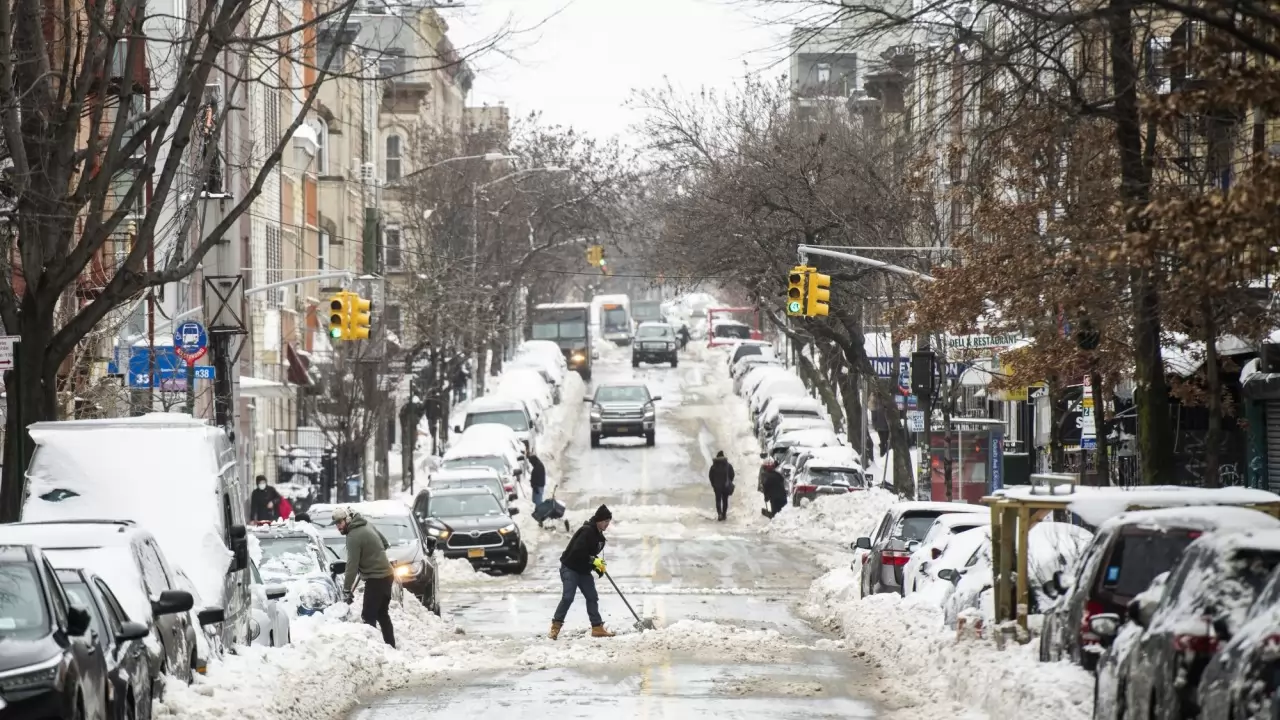
A powerful nor'easter storm is battering the northeastern United States, bringing heavy snowfall and strong winds. New York City and surrounding states have declared an emergency as the region faces its most intense snowstorm in years.
Nor'easters are storms that form along the East Coast, usually between Georgia and New Jersey, then track northeast toward New England and Canada. They can occur any time of year but are most frequent and severe from September to April.
This week's nor'easter is forecast to dump over 2 feet of snow in some areas. New York City has shut public schools and canceled flights. Officials warn against unnecessary travel as whiteout conditions make roads treacherous.
Nor'easters brew when cold Arctic air pushes south and interacts with the warm ocean current of the Gulf Stream. The clash creates a low pressure system that spawns clouds and precipitation. The rotation of the earth then sends the storm spinning toward the northeast.
The results can be intense snow, rain, winds and coastal flooding. Major cities from Washington D.C. to Boston are often severely impacted. Past memorable nor'easters include the 1888 Blizzard, 1993 Storm of the Century, and the 2016 and 2018 bomb cyclones.
January nor'easters also hit parts of the northeast with over a foot of snow last year. This week's storm could be one of the most damaging on record, with potential for widespread power outages and transportation shutdowns. Officials urge vigilance as the dangerous conditions continue.





Copyright © 2026 Top Indian News
